hair implant cost
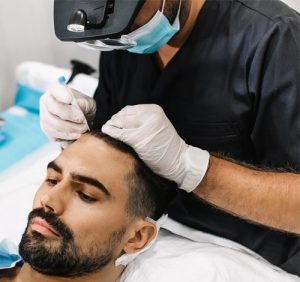
Beyond the Cost of Hair implant: Psychological, Social, and Unexpected Impacts
1. Psychological and Emotional Impact of Hair Replacement:

2. Lifestyle Changes After Hair Replacement:
3. Social and Professional Costs of Hair Replacement:
A) Impact on Career and Professional Life
Individuals in public-facing professions, such as actors and media personalities, may feel the need for hair restoration to maintain their image.
In some cases, undergoing cosmetic procedures can be seen as a sign of insecurity, influencing how colleagues perceive an individual in the workplace.
Taking time off work for surgery and recovery can be challenging, especially in jobs that do not offer extended leave.
B) Effects on Romantic Relationships and Unexpected Changes
Some people undergo hair transplantation to enhance their attractiveness in romantic relationships, but this can sometimes alter relationship dynamics.
Improved self-confidence from a new appearance can lead to changes in personality and social behavior, affecting interactions with partners and friends.
4. Future Innovations and Their Impact on Costs:
5. Investing in Natural Alternatives to Avoid Hair Transplantation:
The cost of hair replacement extends beyond the money spent on the procedure—it includes psychological, social, and lifestyle factors that influence the overall experience. Those considering hair transplantation should evaluate all aspects of the process, including realistic expectations, emotional impact, and long-term lifestyle changes. By understanding these elements, individuals can make a more informed decision and achieve the best results, whether through surgical procedures or natural alternatives.
Send Us A Message
More Information
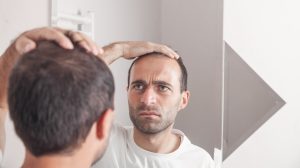
hair implant cost turkey
The Cost of Hair Implants in Türkiye: A Scientific and Financial Overview Hair implantation in Türkiye has become one of the most sought-after medical procedures
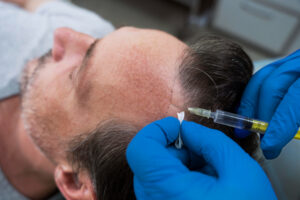
hair transportation
Hair Transplantation: A Comprehensive and Detailed Guide Hair transplantation is a surgical procedure aimed at restoring hair in areas affected by baldness or thinning. While
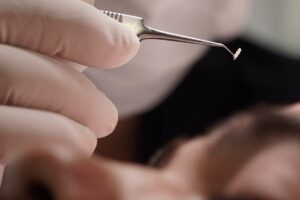
Hair Transplantation
Advanced Insights into Hair Transplantation: Complementary Information for Better Results Hair transplantation is not just a cosmetic procedure but a meticulously planned surgical intervention aimed

hair transplant cost
Hair Transplant Cost: Comprehensive Breakdown and Key Influencing Factors Hair transplantation is a widely sought-after solution for individuals experiencing hair loss due to genetic predisposition,
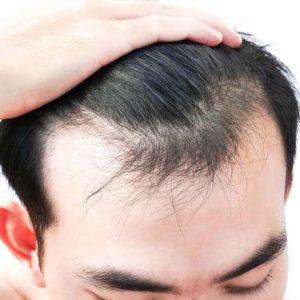
hair implant cost
The True Cost of Hair implant: A Scientific and Financial Breakdown Hair implant is a broad term that includes various methods such as hair transplants,

